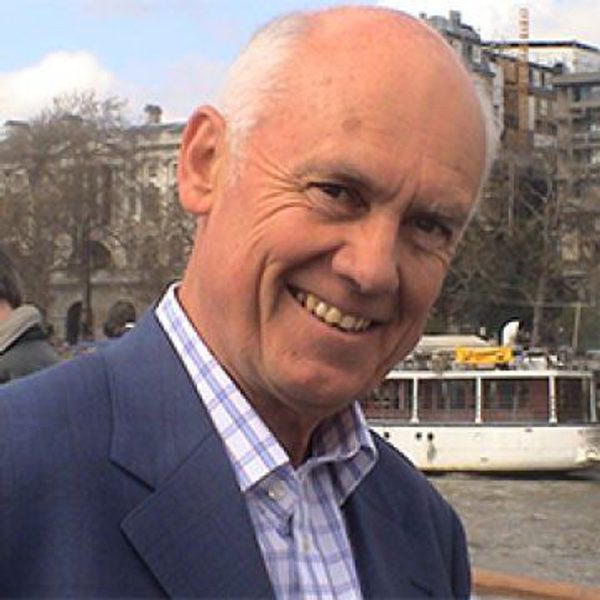A Personal Tribute to Sir Geoffrey Chandler
11 April 2011

Many people will write tributes to this great man, with memories of his warm friendship, his unerring courtesy, his delight in debate, his terrier-like pursuit of a just cause and his bluntness of expression when someone or some organisation he thought should have done better somehow failed to do so.
I first came across Geoffrey in 1986, when he led ‘Industry Year’ with a passion to get across, especially to the world of education, the importance of industry as a creator of the nation’s wealth.
From that initiative many fertile and long lasting links between education and industry have grown. Then in the mid-1990s, when he was pioneering the Amnesty International UK Business Group, I remember attending several conferences and business school seminars where he spoke, again always passionately, about the purpose of business being to create value for society as a whole. The pursuit of profit, he argued, was a means to this higher end, not an end in itself. He spoke of business leaders needing to take a kind of ‘Hippocratic Oath’ on taking high office to focus their business strategy on this holistic view of their companies’ bottom line.
In 1998 Geoffrey invited me to join the Amnesty Business Group and I had the great experience of accompanying him on visits to the head offices of several of the UK’s top multi-nationals in an effort to persuade them to adopt human rights policies based on the UN Declaration of Human Rights. Most of these companies now have such policies and are in various stages of putting them into practice. Much of the credit for this must be given to Geoffrey’s pioneering efforts and indefatigable powers of persuasion.
In 2000 Geoffrey decided that he should relinquish the Chair of the Business Group and persuaded me to succeed him at the beginning of the following year. His was an impossible act to follow. However, such was the reputation that the Group had gained under his leadership that we were able to carry its work forward and over the next seven years persuade Amnesty to integrate targeting business along with its traditional targeting of governments with respect to its impact on human rights. During this time hardly a day, certainly never a week, went by without Geoffrey either e-mailing or phoning me on a current issue and what he thought we should be doing about it. He was also always ready to listen and give advice (and sometimes even to receive it!). He was a great mentor.
Geoffrey was a giant in the world of business and human rights. He was largely responsible for introducing the idea that companies had a responsibility for respecting human rights of all those on whom their business had an impact, beyond just obeying the law of whatever country in which they were operating. His energetic and passionate pursuit of this cause over the last 20 years has produced real change. Most recently he has taken much pleasure in the work of his close friend, John Ruggie, the UN Secretary General’s Special Representative on Business and Human Rights, whose work is helping to consolidate Geoffrey’s ideas into clear expectation of company performance with the authority of the UN Human Rights Council behind it. He will be much missed but, thankfully, his considerable legacy remains.




